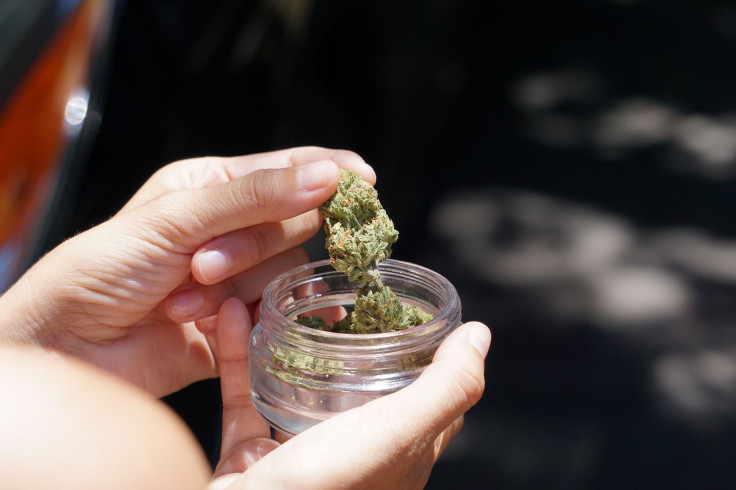Mississippi Legalizes Medical Marijuana Use: Who Can Use It And How To Get Card?
KEY POINTS
- Mississippi has legalized the medical use of marijuana through Senate Bill 2095
- The law allows patients with medical conditions, such as cancer, to purchase, possess and use cannabis
- The bill also prohibits Mississippi from providing economic development incentives for the cannabis industry
Mississippi has become the 37th American state to legalize the medical use of marijuana.
Gov. Tate Reeves signed into law Wednesday the Mississippi Medical Cannabis Act — also known as Senate Bill 2095 (SB2095) — that now allows patients with medical conditions such as cancer and Parkinson's Disease, among many others, to purchase, possess and use cannabis for their treatment, indicated a summary of the bill provided by the Marijuana Policy Project (MPP).
The law was passed after 69% of voters in the state leaned in favor of enacting a medical marijuana program on Nov. 3, 2020, the MPP, a nonprofit organization working toward marijuana policy reform in the United States, said.
"There is no doubt that there are individuals in our state who could do significantly better if they had access to medically prescribed doses of cannabis," Reeves said in a statement posted on Twitter.
Medical cannabis was already allowed in 36 states and four territories before the passing of SB2095, which means Mississippi became the 37th state in America to legalize the medical use of marijuana, NPR reported.
Under the newly signed law, qualifying patients can purchase up to 3.5 grams (0.12 ounce) of flower, which is equivalent to a "Medical Cannabis Equivalency Unit" (MCEU) of one gram (0.03 ounces) of either THC infusion in products or concentrate.
Flowers have a legal potency limit of 30% THC, while tinctures, oils and concentrates are not allowed to exceed 60%, according to the MPP.
Patients can purchase a maximum of six (0.74 ounces) and 24 MCEUs (2.96 ounces) in a week and month, respectively. They also cannot possess more than 28 MCEUs (3.46 ounces) at one time.
The initial version of SB2095 had a monthly limit of 5 ounces per month, but it was reduced as "there will be hundreds of millions of fewer joints on the streets because of this improvement," said Reeves.
To qualify for the program, "patients must have at least one qualifying medical condition and a written certification issued by a healthcare practitioner with whom they have a bona fide relationship" and "apply to the health department for a registration card, which costs $25 (or less in some cases)," the MPP said.
Mississippi-licensed physicians, certified nurse practitioners, physician assistants and optometrists can become certified practitioners.
Patients aged between 18 and 23 "generally must have written certifications from two different practitioners from separate medical practices to qualify" unless they registered before they were 18 or were homebound.
Once a patient has their certifications, which are good for a year unless the practitioner indicates a shorter period, they can finally acquire medical cannabis from a licensed establishment after they obtain a registry identification card from the Mississippi Department of Health (MDOH).
Minors can qualify for the program as well, but they must have the consent of their parents or guardians, who will also have control of the cannabis' administration and dosage.
Meanwhile, non-Mississippi residents and individuals who have been Mississippi residents for less than 45 days can register with the MDOH to use medical cannabis if they are certified to use the substance in their home state, have a practitioner statement attesting they have a condition that qualifies in Mississippi and has submitted any documentation required by MDOH. They are only allowed to register for a total of two 15-day periods every year, with each registration costing $75.
The MDOH will begin issuing registry ID cards 60 days after the passage of SB2095, while the department will start accepting applications and registering practitioners 120 days after the passage.
Aside from legalizing the use of medical cannabis, SB2095 also prohibits Mississippi from providing economic development incentives for the cannabis industry. The state often provides tax breaks and financial assistance for road or water access to industrial sites, according to the NPR report.
Cities and counties are given 90 days from Tuesday to opt-out of allowing medical facilities for either growing or selling cannabis, but people in those localities can petition for an election to overrule any decision made by officials.

© Copyright IBTimes 2024. All rights reserved.





















